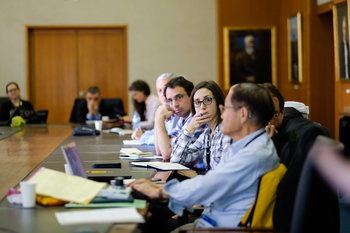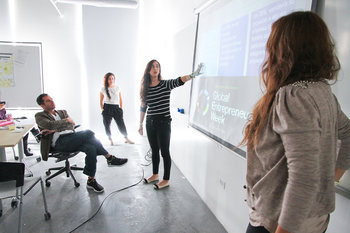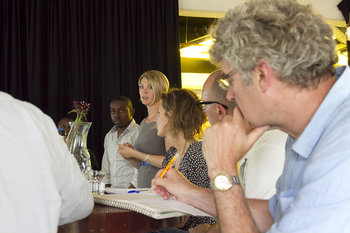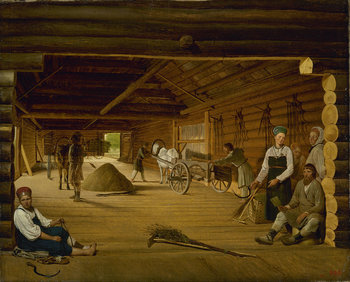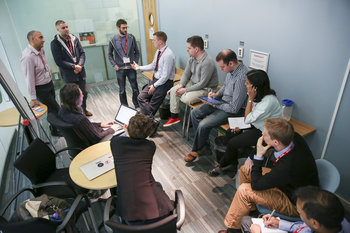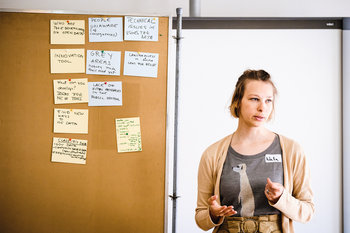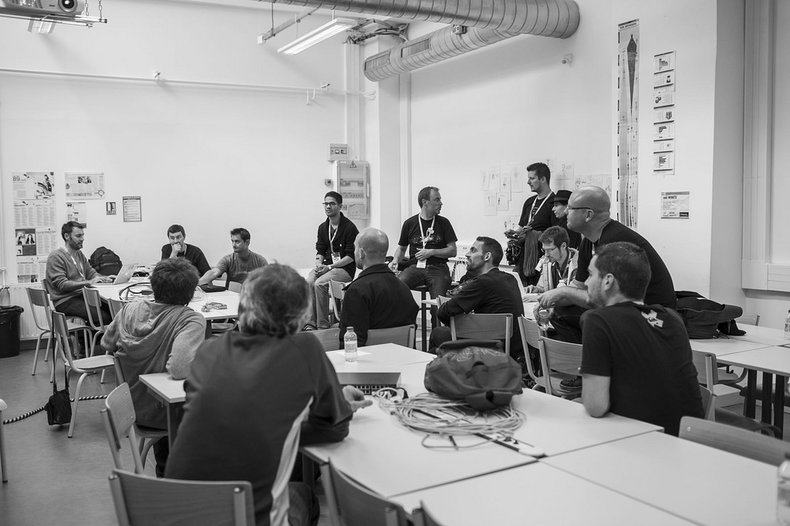
Business Model
Moving to a new business model such as wrapping your products in a service.Cost
Restructuring your costs such as cutting overhead or achieving a fundamentally lower cost per unit.Organizational Culture
Changes to the norms, habits and expectations of your organization. For example, an organization with an antagonistic relationship with customers may seek to fundamentally shift towards customer is always right or a similar culture.Customer Experience
Change to intangible elements of your value proposition. For example, a fast food restaurant that transforms interiors to resemble a unique neighborhood cafe.Technology
Dramatic shifts in technology platforms such as aggressive modernization and retiring legacy systems.Operations
Rethinking core business processes as opposed to improving them.Industry
A dramatic shift in business model that involves entering new industries.Scope
Expanding or contracting your product offerings. For example, a big-box grocery store that begins to operate small convenience stores that offer fresh food.Distribution
Changing your basic distribution model such as a manufacturer that begins to sell to customers directly using ecommerce channels.Sustainability
Industries that cause environmental or social damage that seek a sustainable business model.Quality
In some cases, low quality is a fundamental problem that requires business transformation. For example, a telecom firm with quality of service issues that causes customer satisfaction to drop and attrition to skyrocket.Risk
Managing pervasive risks that threaten the reputation of a firm such as information security risks and financial risks.| Overview: Business Transformation | ||
Type | ||
Definition | An aggressive program of fundamental change that involves everyone in an organization. | |
Related Concepts | ||


